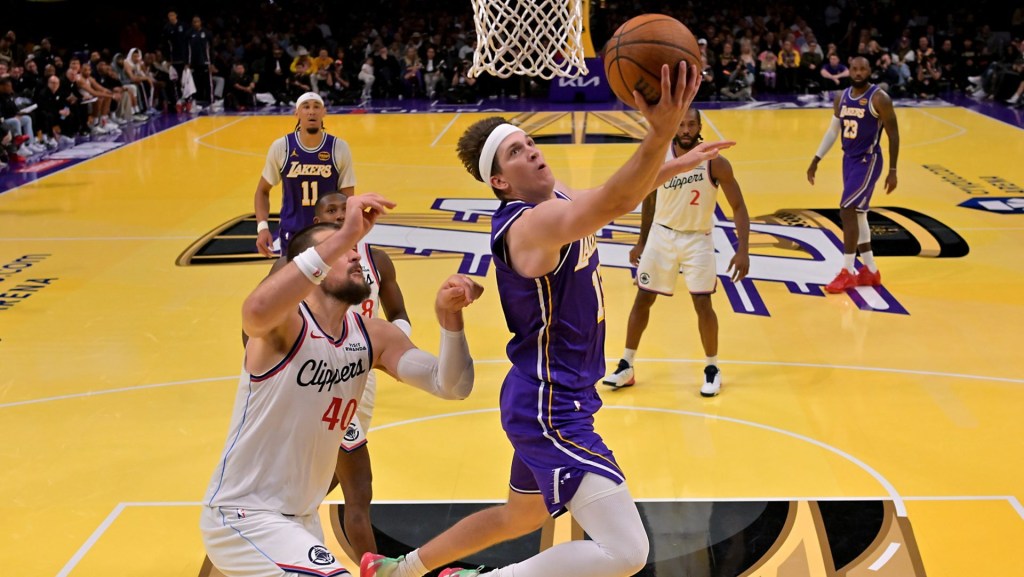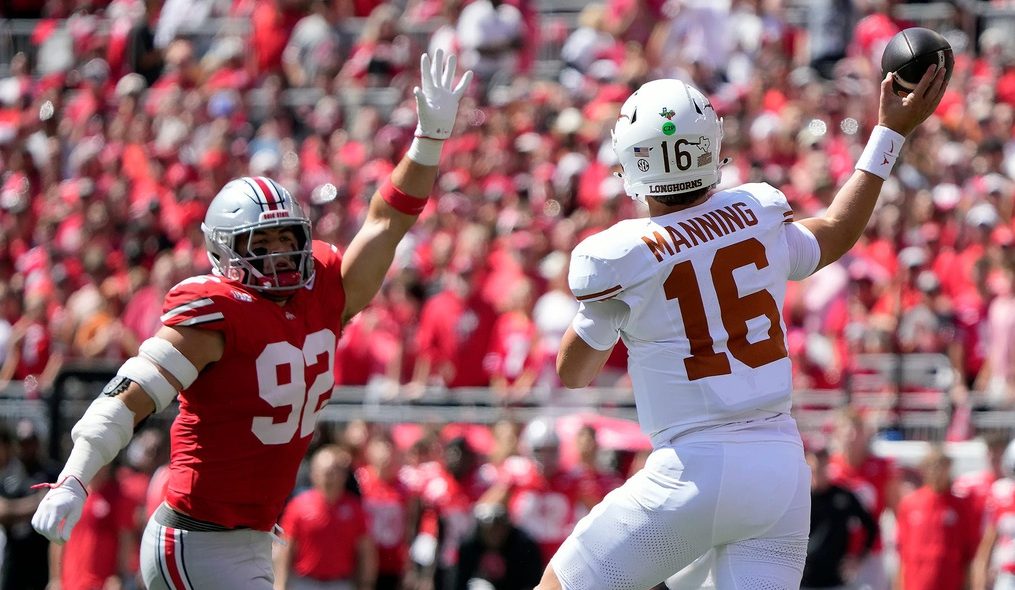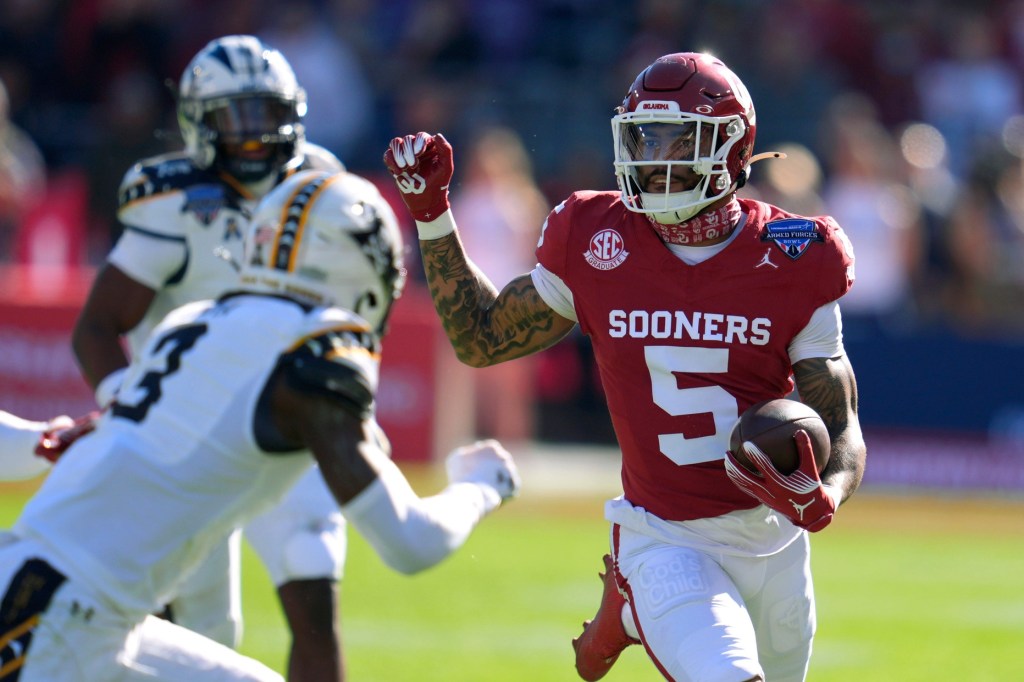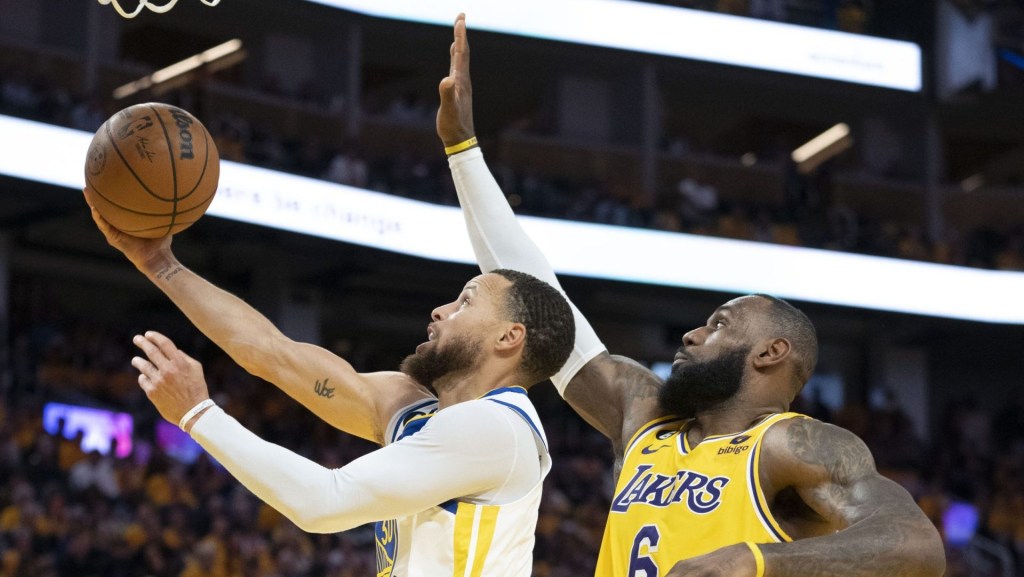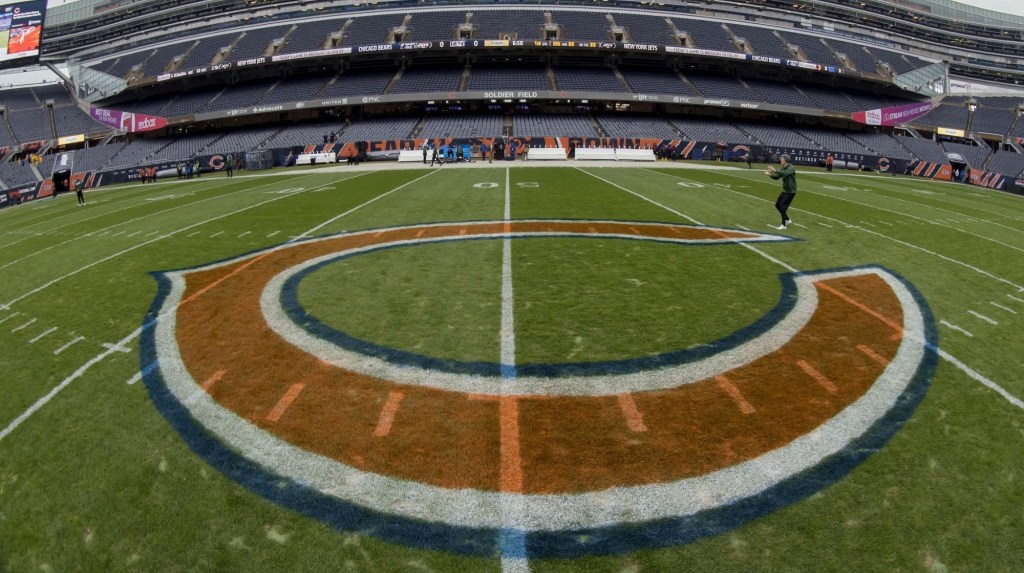By: Shawn Chambers, @S_Chambers12

To talk about the new Fair Labor Standards Act (FLSA), I must explain why the change has such a personal impact on my peers and myself. As an undergraduate student at the University of Southern Indiana, I began working as a play-by-play broadcaster before I transitioned into athletic communications for the university where I will fill the role of graduate assistant beginning in December after graduating with my BA in Sport Management. Along they way, I have had the pleasure of meeting and working with sports information directors, directors of athletic communications, compliance officers, athletic directors, assistant athletic directors, and media directors, all of whom have played vital roles in my development.
“Although I hope that is not the case, I worry that many will face these outcomes.”
— Shawn Chambers
With the U.S. Department of Labor recently revealing details of the FLSA, many employees of college athletic programs face uncertainty. The employees handling the operations of college athletics and who help create the brand that fans love to see are likely salaried and do not receive overtime compensation. Currently, salaried employees are exempt from overtime pay if they receive more than $23,660 per year. Beginning December 1, 2016, the salary for an employee to be exempt from overtime pay rises to $47,476.
Many of the individuals that I work with, regardless of salary, hold valuable keys in determining my future success in the sports world. I do not have enough time to list all of the individuals that I personally know who will be affected by the new FLSA regulations. In an article published by USA Today, Western Carolina Athletics Director, Randy Eaton detailed that 39 of the 70 employees he has on staff are currently below the new exemption level and would be eligible for overtime beginning in December.
As a young professional in sports, I worry about my own future in this industry as well as how the future of others plays a direct role on my career path. I worry that there will be a smaller demand for graduates with my pedigree in sports business based on a lack of capital and, as a result, available job openings. I worry that despite there being fewer jobs available, the amount of qualified applicants will only continue to increases and the popularity for a career in sports will continue to grow.
I feel a sense of panic for all of those that I work with and have met who may soon face uncertainty of how their employers will handle the new FLSA regulations. I do not know if individuals in intercollegiate athletics or any sports field will face pay cuts, be forced into early retirement, or face termination or lay-offs. Although I hope that is not the case, I worry that many will face these outcomes.
I hope that my friends and peers are able to find jobs and gain experience from those they work with. I hope that others in the sports field are treated fairly and just come December so they can continue to mold future generations and continue in their chosen career path. I hope that all of my experience will lead to a full-time position that I am qualified for and compensated fairly. Selfishly, I hope that by December of 2018, when I receive my MBA and am ready to find a full time position, there is a sound and fair solution to the issues that will arise in December 2016. I hope that I am wrong about all the possible negative forthcomings and I hope that, come December, all of my worries are put at ease.





![[Subscription Customers Only] Jun 15, 2025; Seattle, Washington, USA; Botafogo owner John Textor inside the stadium before the match during a group stage match of the 2025 FIFA Club World Cup at Lumen Field.](https://frontofficesports.com/wp-content/uploads/2026/02/USATSI_26465842_168416386_lowres-scaled.jpg?quality=100&w=1024)
![[Subscription Customers Only] Jul 13, 2025; East Rutherford, New Jersey, USA; Chelsea FC midfielder Cole Palmer (10) celebrates winning the final of the 2025 FIFA Club World Cup at MetLife Stadium](https://frontofficesports.com/wp-content/uploads/2026/02/USATSI_26636703-scaled-e1770932227605.jpg?quality=100&w=1024)




